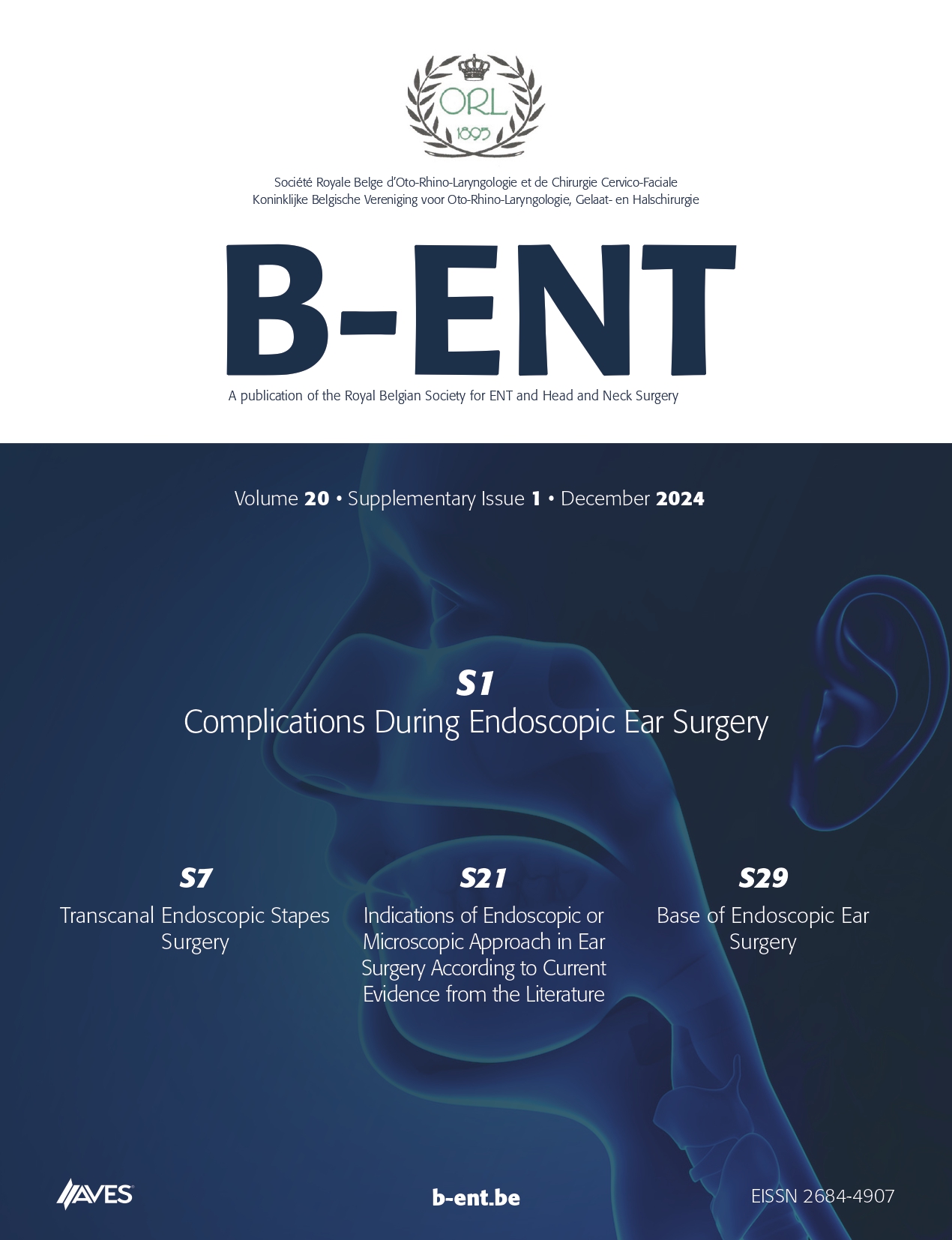Efficacy of medical therapy in the prevention of residual dizziness after successful repositioning maneuvers for Benign Paroxysmal Positional Vertigo (BPPV). Objectives: The aim of this study was to investigate the efficacy of trimetazidine, betahistine, and ginkgo biloba extract in the treatment of residual dizziness after successful repositioning maneuvers for benign paroxysmal positional vertigo.
Methodology: This was a randomized controlled clinical trial. Complete clinical data were analyzed from 100 patients (27 men and 73 women; mean age 52.16±13.2 years, range 11-80 years) with BPPV who underwent succcessful repositioning maneuvers and then received betahistine, trimetazidine, gingko biloba extract, or no medication (n=25 for each group) for 1 week. On days 1, 3, and 5 after the repositioning maneuver, scores obtained from the Dizziness Handicap Inventory (DHI) questionnaire were compared.
Results: There were no statistically significant differences in the premedication DHI scores of patients with residual dizziness among the four groups (p>0.005). After 3 and 5 days of treatment, the mean DHI scores of the groups receiving medication did not differ significantly from the the mean DHI score of the control group (p>0.005).
Conclusions: Our study results suggest that betahistine, trimetazidine, and gingko biloba extract do not alleviate residual dizziness after successful repositioning maneuvers.



.png)
